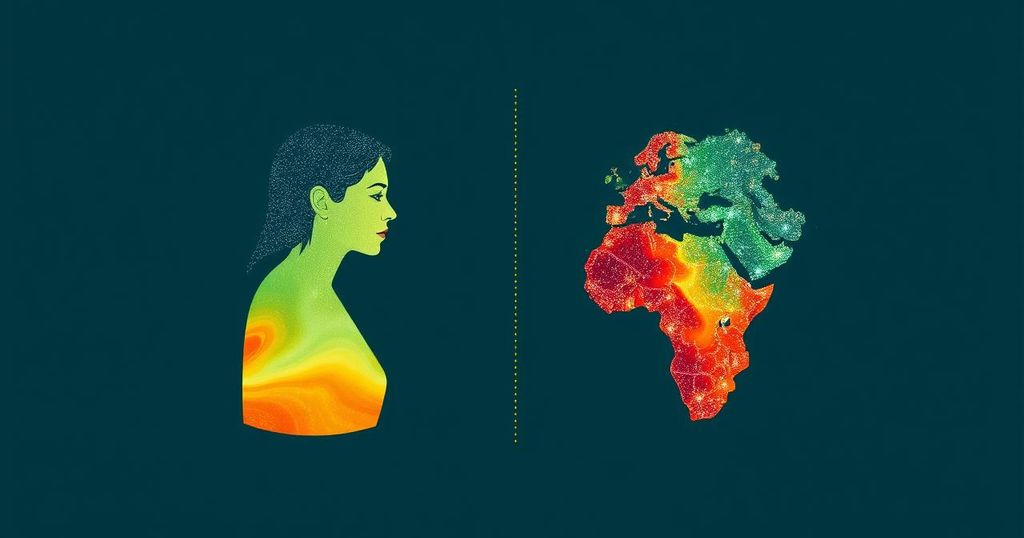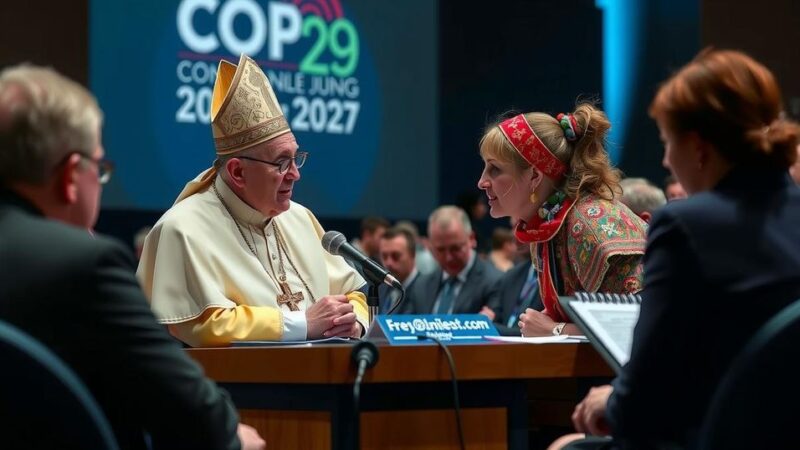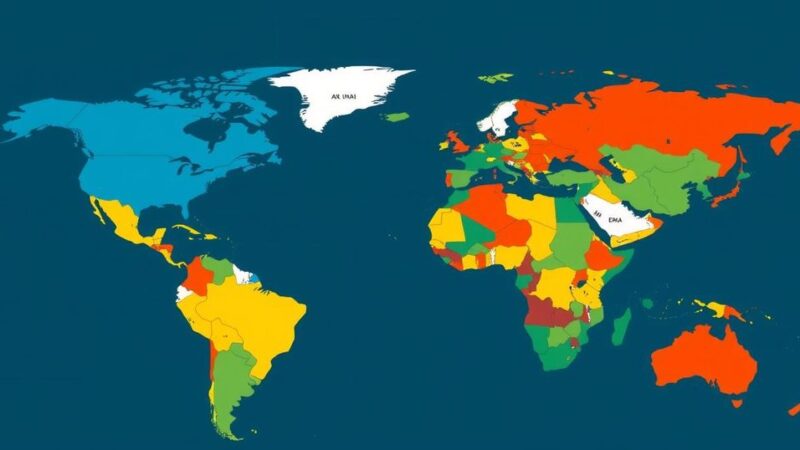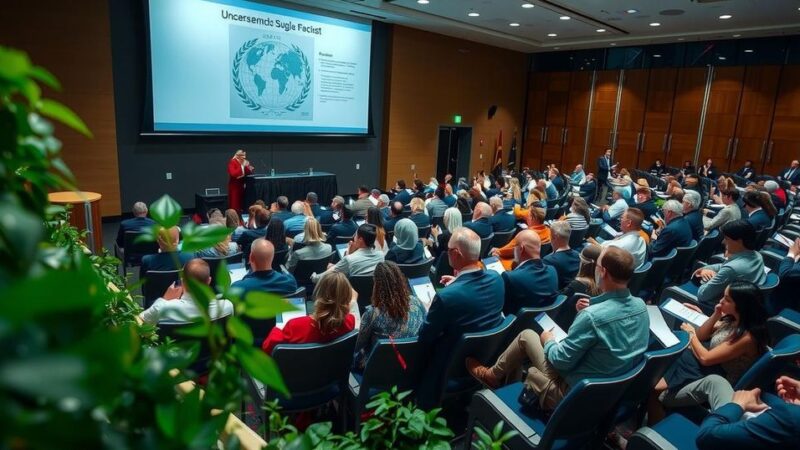The article highlights the differing impacts of climate change on men and women, emphasizing that women, particularly in vulnerable areas, face greater challenges in resource management and displacement. It points out existing gender inequalities in access to green jobs and resources for adaptation. The piece argues for intentional gender-responsive policies to ensure that climate action benefits everyone, asserting that women’s inclusion in decision-making enhances climate strategies.
As the world confronts climate change, it is imperative to recognize that its effects are not uniform across genders. Men and women experience different challenges due to climate impacts, often leading to varying degrees of vulnerability. Women, particularly in disadvantaged regions, shoulder significant burdens because they typically manage vital resources like food, water, and energy. Events such as droughts and floods exacerbate their responsibilities and hinder their opportunities for education and income. Contrary to popular belief, climate adaptation measures often overlook women’s health concerns linked to pollution from cooking fuels, as they usually bear the brunt of domestic tasks that produce the most emissions. Men, on the other hand, may be impacted by job losses in agriculture or fishing, which can lead to family displacements as they migrate for work, bringing about their own social complications. It is crucial to challenge the misconception that the Just Transition will inherently benefit all equitably. Transitioning to a green economy without deliberate actions to include women could exacerbate existing inequalities. The clean energy sector, for instance, remains male-dominated, with women occupying only about 30 percent of the STEM workforce, typically in lower-paying roles. To foster inclusivity, targeted strategies must be put in place to increase women’s engagement in green sectors, including addressing the social barriers that deter young women from pursuing STEM careers. Displacement due to climate-related phenomena does not occur equally for men and women. Women are at a greater risk of violence, trafficking, and exploitation during migration, while men may feel pressure to find work away from their families, leading to emotional and mental health challenges. Women often face compounded economic hardships as they take on multiple roles in the absence of male providers, significantly affecting their livelihoods. Access to resources for climate adaptation is another arena where gender disparities are evident. Women farmers frequently lack ownership of the land they cultivate, limiting their access to financial assistance necessary for adopting sustainable practices. Conversely, men, who hold the majority of land rights and business ownership, enjoy greater access to credit and government resources. Lastly, it is a misconception that gender equality will emerge organically through climate action. Systematic efforts are essential to ensure women are included in climate decision-making processes. Research indicates that incorporating women’s perspectives enhances the effectiveness of climate strategies. For instance, Makhinakhon Suleymanova of Tajikistan exemplifies leadership in utilizing technology to aid women farmers by overcoming barriers to information access, underscoring the importance of female representation in climate initiatives. Achieving a just transition requires prioritizing gender equality in climate and economic policies, dismantling long-standing barriers that have hindered women’s progress. Empowering women through equitable access to resources, education, leadership roles, and infrastructure support for unpaid care work not only contributes to enhanced innovation but also promotes sustainable solutions and resilient communities.
The article examines the intersection of climate change and gender, emphasizing that both men and women are affected by climate-related challenges in distinct ways. It draws attention to the need for integrating gender equality within climate actions and policies as imperative for ensuring a just transition towards a sustainable economy. With a focus on the disparities in responsibilities, access to resources, employment conditions, and the risks associated with displacement, the article aims to debunk common myths about the equal impacts of climate change on both genders.
In conclusion, addressing the unequal impacts of climate change on men and women is essential for achieving a just transition to a sustainable economy. Gender equality must be integrated into climate policies to enhance resilience and effectiveness. Women should be empowered through equal access to resources, decision-making processes, and education to ensure their contributions to combating climate change are recognized and valued. Acknowledging these differences and acting upon them is vital for fostering a fair and sustainable future for all.
Original Source: www.undp.org






